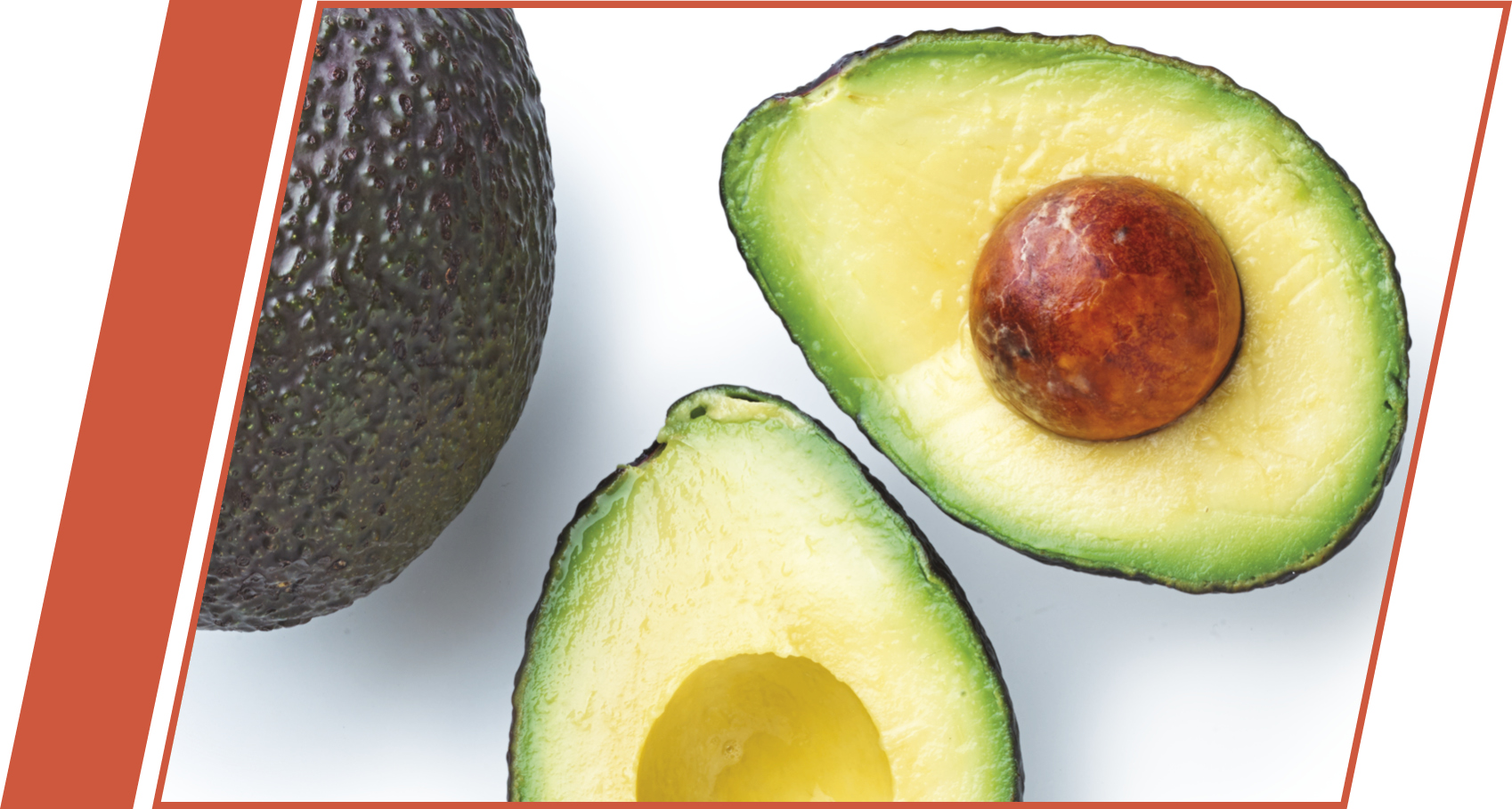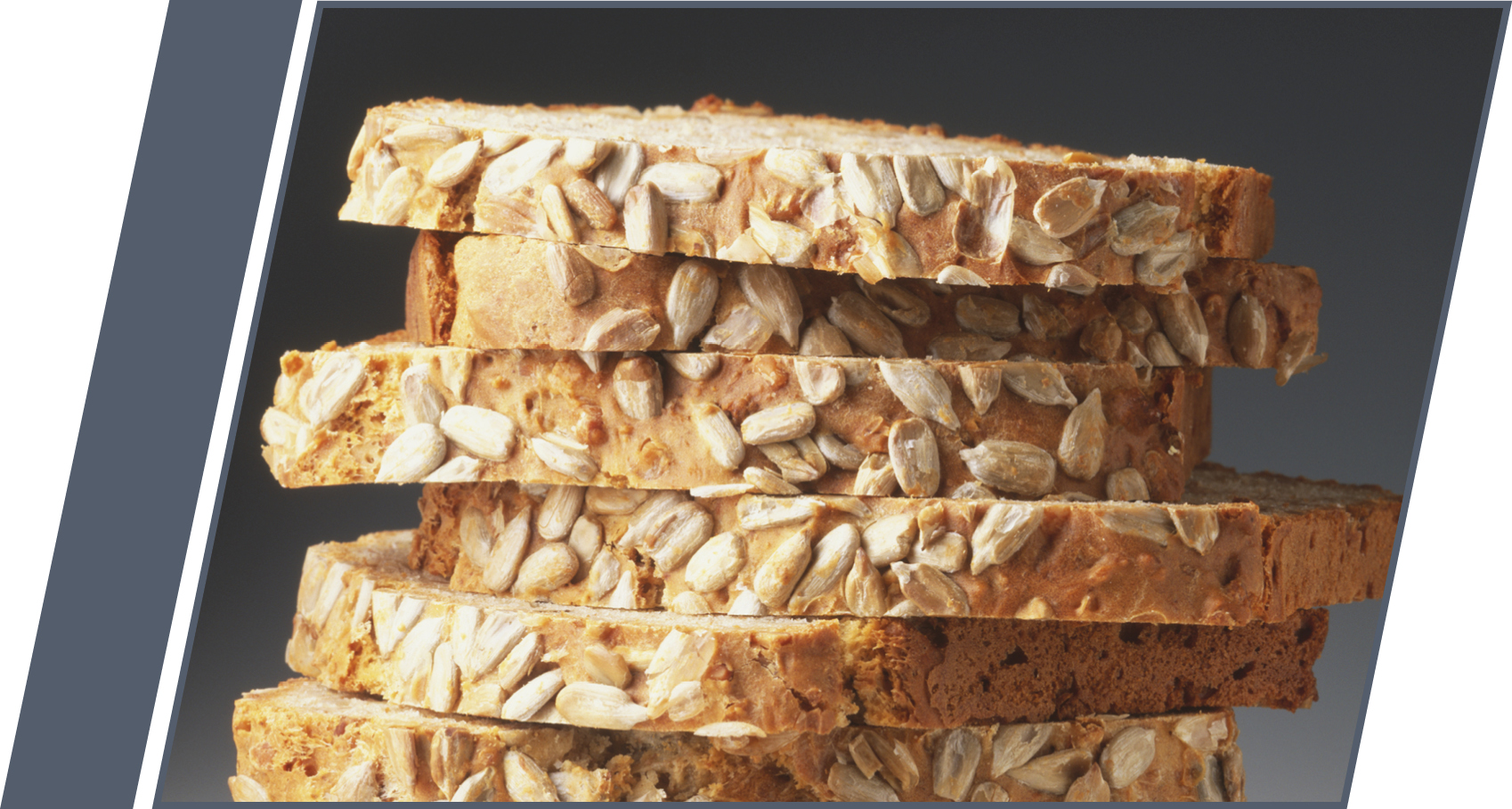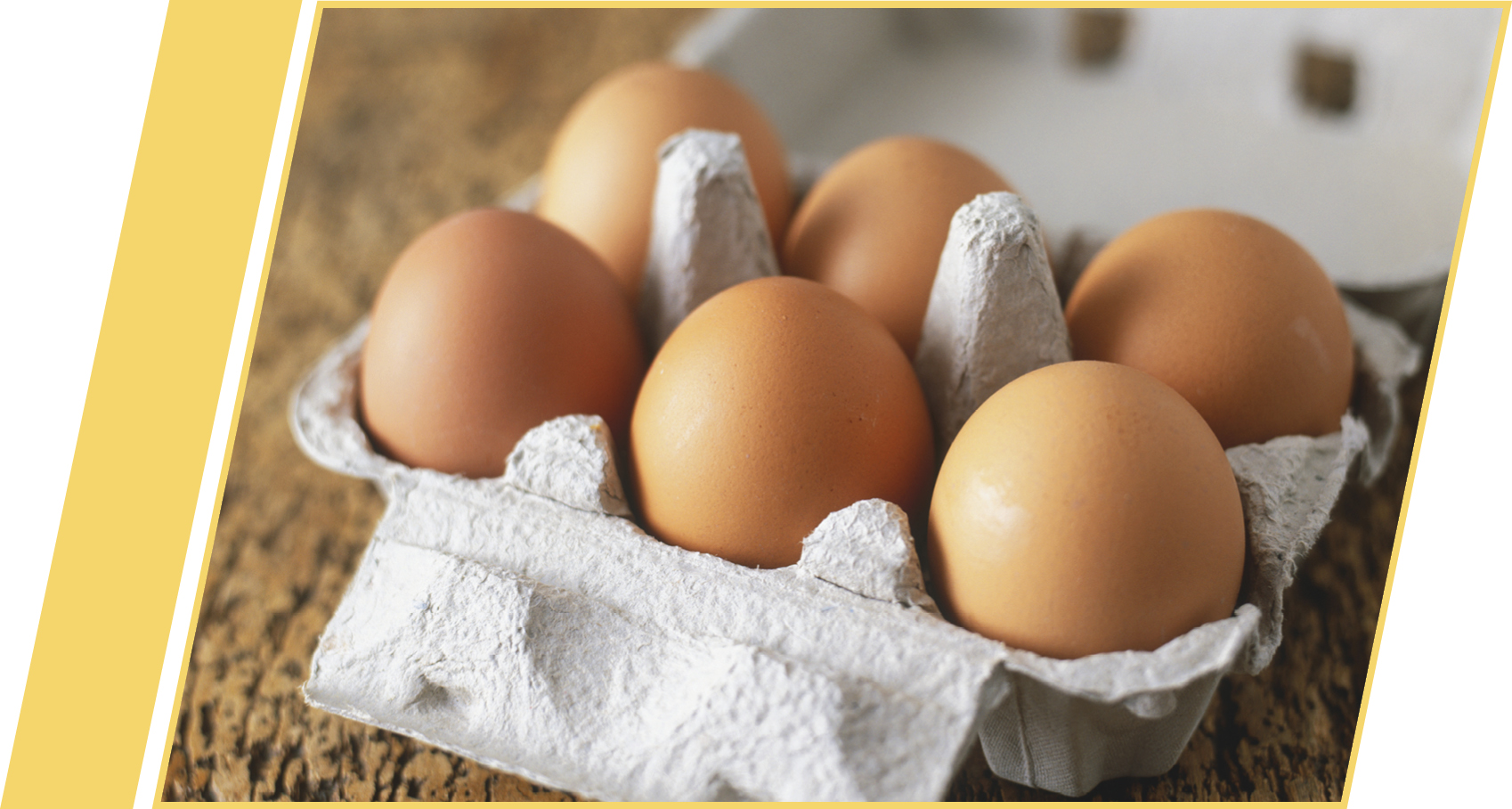NUTRITION ESSENTIALS
Macronutrients have that name for a reason: They’re the top-level building blocks you need for essential body processes. Without proper nutrition, all the physical movement in the world won’t help you overcome a calorie surplus. Thus, frequently eating nutrient-rich foods throughout the day is key to a healthy and vigorous lifestyle, especially meals that combine healthy fats, nutritious carbohydrates, and lean proteins.
FATS

WHAT ARE THEY?
Despite their name, fats are actually nutrients your body needs for many different processes. Although there are bad fats, there are also good fats that your body needs and uses.
WHAT DO THEY DO?
Fats have many different functions in your body:
- Storing energy
- Absorbing vitamins and minerals
- Building cell membranes
- Clotting blood
- Moving muscles
- Fighting inflammation
Fats supply essential fatty acids and fat-soluble vitamins that are important to your diet. Consume more heart-healthy and anti-inflammatory fats (poly- and monounsaturated fats) rather than trans fats and saturated fats (although the latter fats aren’t always bad).
WHAT FOODS HAVE THEM?
Animal products, nuts, oils, certain fish, and dairy are good sources of fat. Avocados, dark chocolate, and chia seeds have high fat amounts, but they also have various health benefits.
CARBOHYDRATES

WHAT ARE THEY?
Carbs are critical nutrient sources for your body. They’re classified as simple (such as honey) and complex. Complex carbs are further broken down into starches (like pasta) and dietary fiber (like fruits and vegetables).
WHAT DO THEY DO?
If you’re training—and eating—to look like an MMA fighter or a boxer, carbs help you in several ways:
- Providing energy for most physical activity, including exercise
- Maintaining body mass
- Maintaining and replenishing muscle and liver glycogen stores
You can store extra carbs to use when you’re lacking in carb intake or energy. Eating carbs that have many nutrients will allow you to benefit the most from them. Not getting enough carbs every day can cause headaches, fatigue, decreased mental acuity, nausea, and vitamin and mineral deficiencies.
WHAT FOODS HAVE THEM?
Grains, starchy vegetables, fruits, juices, sweets, oatmeal, and brown rice as well as whole-wheat breads, pastas, tortillas, and cereals are good sources of carbohydrates.
PROTEINS

WHAT ARE THEY?
Proteins are large molecules with one or more long chains of amino acids. They’re everywhere throughout your body—from your muscles, collagen, and hair to enzymes and antibodies.
WHAT DO THEY DO?
What don’t they do? Among other things, proteins do these for your body:
- Providing cell structures
- Increasing or maintaining lean muscle mass
- Helping with losing fat
- Helping with recovery after activity
- Strengthening your immune system
Simply put, your body depends on proteins. When you eat recommended protein amounts each day, you help your body survive and thrive.
WHAT FOODS HAVE THEM?
Meats, fish, dairy, eggs, whey, nuts, and legumes are good sources of protein. Specific choices include canned tuna or salmon (packed in water), eggs or egg whites, beans (pinto, black, kidney), skinless chicken breasts, lean ground beef or turkey (92 to 96% lean), top round roasts or flank steaks, turkey breasts, yogurt, string cheese, and cottage cheese.
HYDRATION
Making hydration an ongoing daily routine is vital for success with your fitness goals. You can eat right and exercise right, but if you’re not replacing lost fluids, you’re not giving your body the best chance to become healthier and fitter. Hydration is important for every cellular process as well as proper metabolism and the absorption of nutrients.
Dehydration has several significant mental and physical consequences:
- Raises your body temperature
- Makes your body work harder at lower exercise intensities
- Causes headaches, dizziness, and fatigue
- Leads to muscle cramping and increases the risk of injury
You can monitor your hydration levels in several different ways:
- Having a clear to pale yellow urine color and needing to urinate frequently signal adequate hydration levels.
- Infrequent dark urine reflects dehydration. It might take several hours or days to recover.
- Weighing yourself before and after practice allows you to estimate fluids lost in sweat. Replace each pound lost with 3 cups of fluids.
One great way to ensure you stay hydrated is to carry a refillable water bottle with you throughout the day. The longer you work out, the more you should drink. But drinking consistently throughout your day will keep you constantly properly hydrated.
And what to drink? Because our bodies are 60 to 70% water, drinking water quickly replaces lost fluids and allows your body to keep its functions going at optimal efficiency. You can always add a squirt of freshly squeezed lemon, lime, or orange juice for a little flavor. Sugary drinks and, of course, alcohol aren’t going to help with recovery, but milk, juice, and coffee can help replenish lost fluids.
